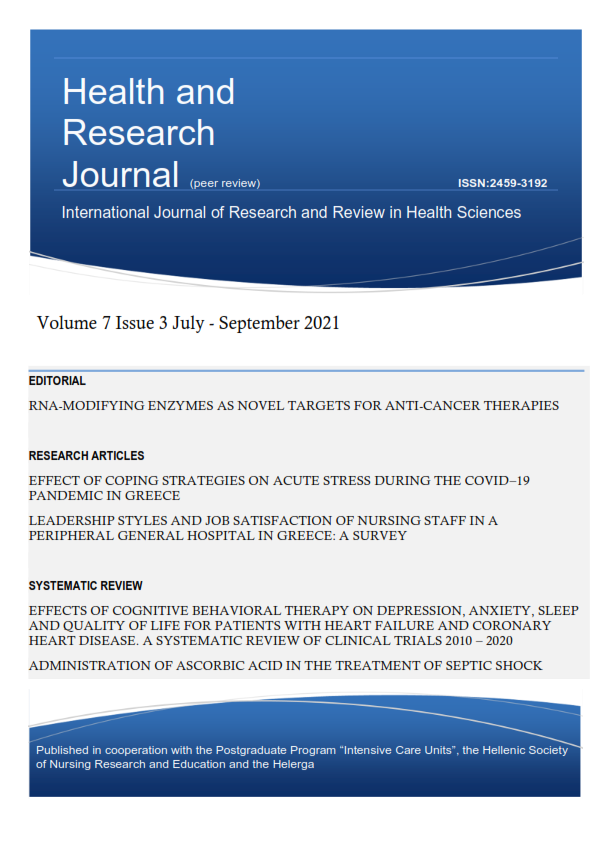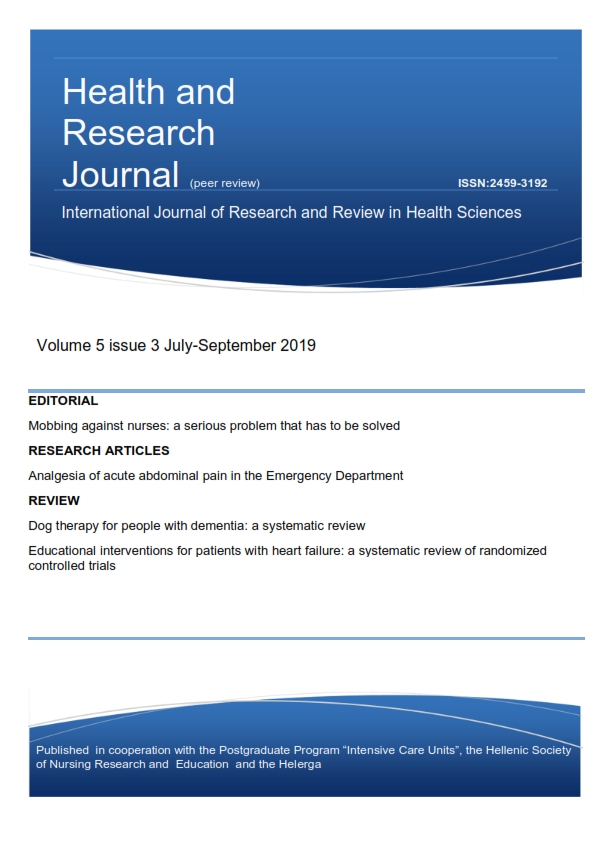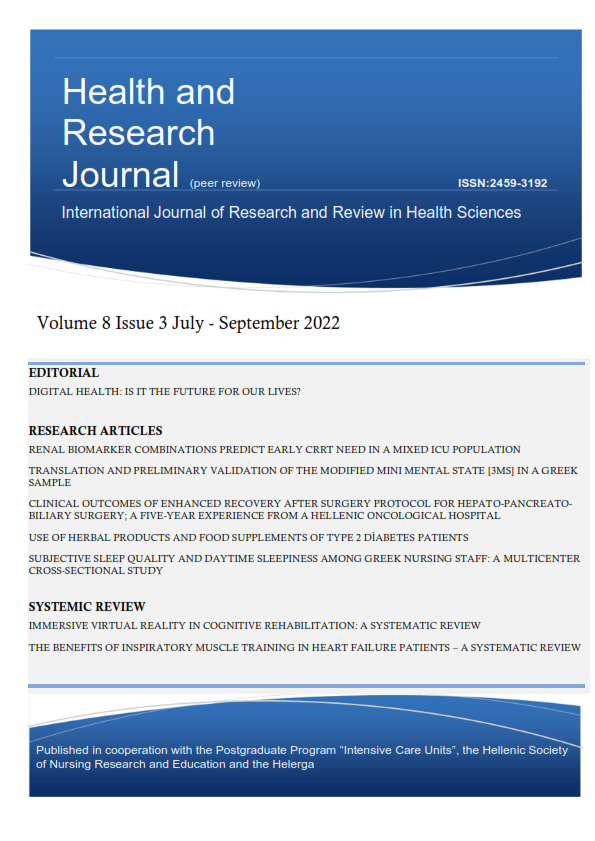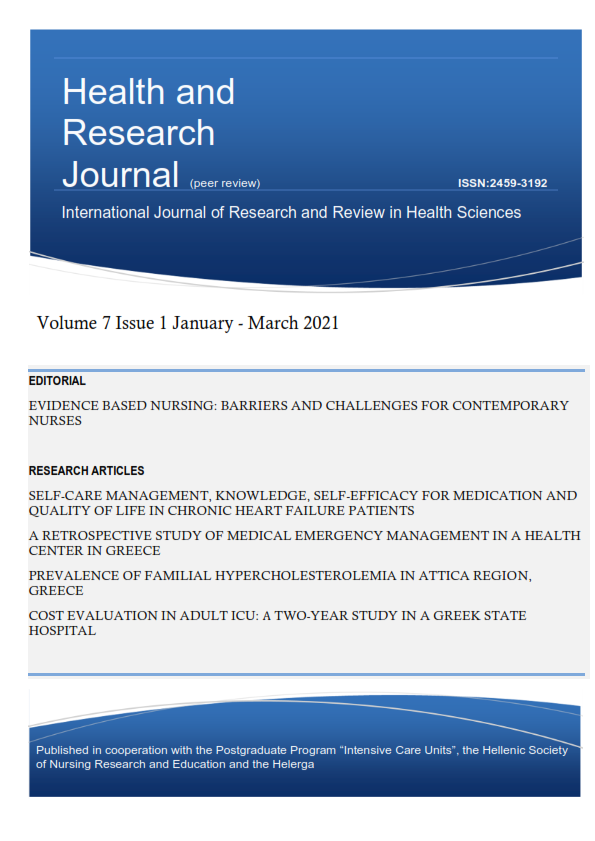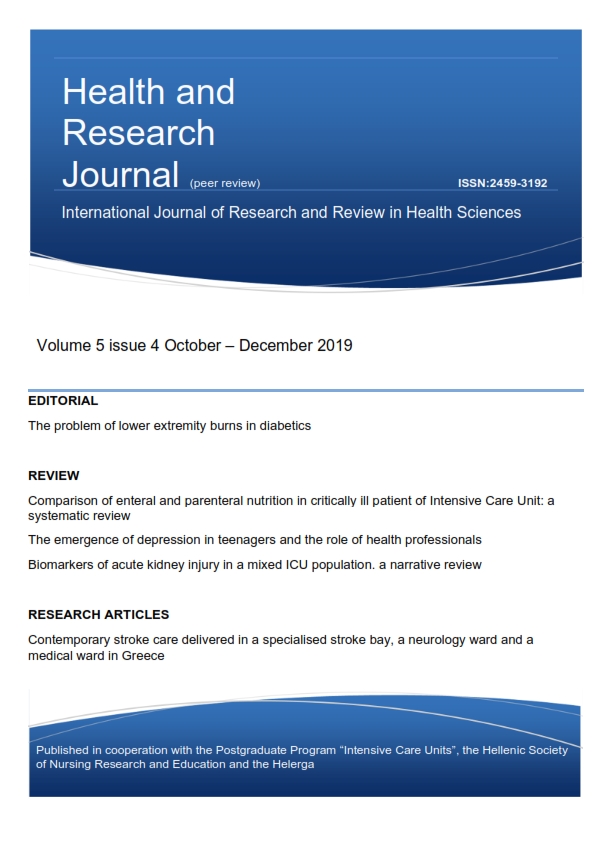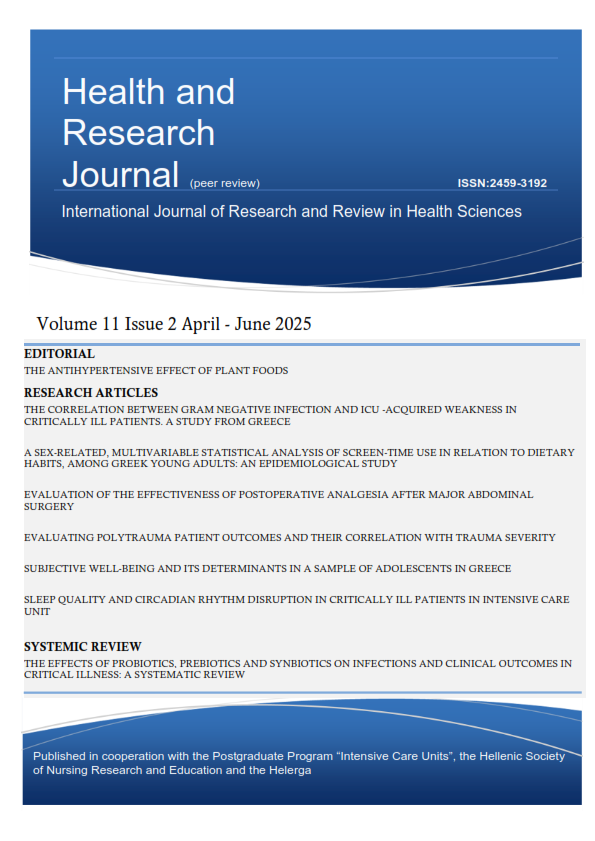Addition of strength training modifies the aerobic exercise inflammatory response in heart failure patients – Comments on the underlying pathophysiology
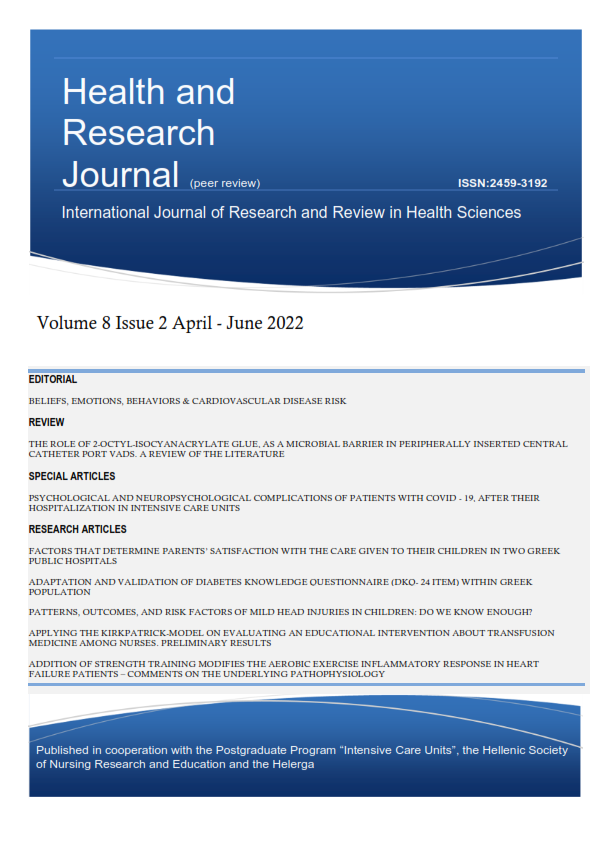
Abstract
Aim: The present study investigates the effect of Strength Training addition in a High Intensity Interval Training (HIIT) program, on the inflammatory profile of chronic heart failure (CHF) patients.
Materials and Methods: Forty-six CHF patients were randomized into the two different exercise rehabilitation groups. A patient group (control) performed HIIT and another group performed Combined (HIIT and strength training) Exercise Training (COM) for a three- month period. Before and after rehabilitation, all patients performed a maximal cardiopulmonary exercise testing (CPET). Microcirculatory parameters were assessed by Near Infrared Spectroscopy; CRP, IL-2, IL-6, IL-10 and VEGF levels were measured in plasma.
Results: Cardiopulmonary parameters and microcirculatory indices improved after rehabilitation. CRP and the IL-6/IL-10 ratio decreased after rehabilitation. By linear regression analysis, a negative correlation was noted between IL-2, IL-6 and IL-10 changes (post-CPET values) and the VE/VCO2 slope change, for the entire patient cohort. The correlation was separately maintained only in the COM group.
Conclusions: Overall, the results of the present study reinforce the view of an anti-inflammatory effect of exercise in CHF patients. The significant correlations demonstrated between the cytokine responses and the ventilatory response to exercise, particularly in the COM group, probably ensue from the special effect of strength training on peripheral muscle function.
Article Details
- How to Cite
-
Delis, D., Linardatou, V., Karatzanos, E., Kourek, C. ., Philippou, A., Vagionas, D. ., Panagopoulou, N., Alshamari, M., Pittaras, T., Nanas, S., & Vasileiadis, I. (2022). Addition of strength training modifies the aerobic exercise inflammatory response in heart failure patients – Comments on the underlying pathophysiology. Health & Research Journal, 8(2), 146–161. https://doi.org/10.12681/healthresj.29806
- Section
- Original Articles
Copyright notice:
Authors retain copyright of their work and grant the Health and Research Journal the right of first publication.
License:
Articles are published under the Creative Commons Attribution 4.0 International License (CC BY 4.0). This license permits use, sharing, adaptation, distribution, and reproduction in any medium or format, including for commercial purposes, provided that appropriate credit is given to the author(s) and the original publication in this journal, a link to the license is provided, and any changes are indicated.
Attribution requirement:
Any reuse must include the article citation and DOI (where available), and indicate if changes were made.



